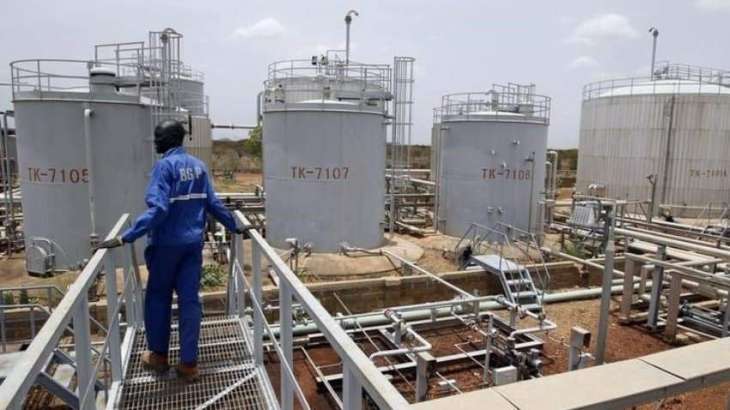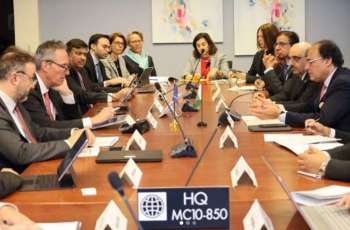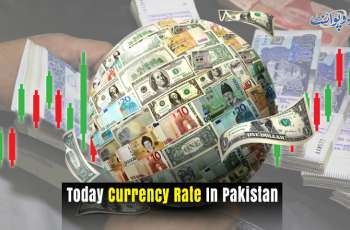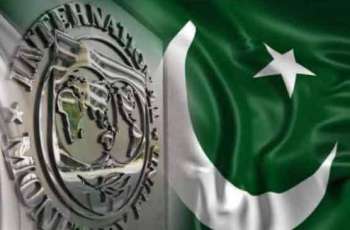Sudan's inclusion on the US State Sponsors of Terrorism list and subsequent sanctions has led to at least $23 billion in losses in the country's oil sector, which had fallen behind over the years, Sudanese Energy Minister Khairi Abdul Rahman told Sputnik
MOSCOW (Pakistan Point News / Sputnik - 23rd October, 2020) Sudan's inclusion on the US State Sponsors of Terrorism list and subsequent sanctions has led to at least $23 billion in losses in the country's oil sector, which had fallen behind over the years, Sudanese Energy Minister Khairi Abdul Rahman told Sputnik.
Earlier in the month, US President Donald Trump announced that Sudan will be removed from the list after it had agreed to pay the demanded pays $335 million to the victims and families of terror attacks in which it is implicated.
"There is no doubt that the US embargo in its various stages had a significant impact on the Sudanese economy... which led to the loss of many advantages and bearing the high costs. The loss to the oil sector amounted to about $ 23.8 billion," Khairi said in an interview with Sputnik.
The energy and mining minister explained that being put on the list led to a flight of capital and expertise from the country. This led to an oil sector severely lagging behind in terms of modern technology, access to neighboring regions and auxiliary financial institutions.
Khairi went on to underscore that lifting the sanctions and revamping the oil sector would reinvigorate many other domestic sectors of the economy, that had been languishing due to poor energy infrastructure.
"Lifting the embargo on Sudan will enable the oil sector to develop continuously and contribute to providing the country's need for petroleum products for all sectors, which in turn enable the activation and improvement of social services such as health and educational services, drinking water and other necessities that are indispensable to the individual," Khairi said, adding that this would in turn gradually raise the welfare of the citizens.
Khairi went on to draw a direct correlation between taking Sudan off the State Sponsors of Terrorism list and the quality of life of the average Sudanese citizen.
Sudan was placed on that list in 1993 for sheltering Osama bin Laden for nearly five years at a time when the Al-Qaeda (terrorist group, banned in Russia) leader was involved in attacks on targets in the United States. Four years later, Washington introduced sanctions against Khartoum that limited the ability of Sudanese banks to work with foreign partners.




